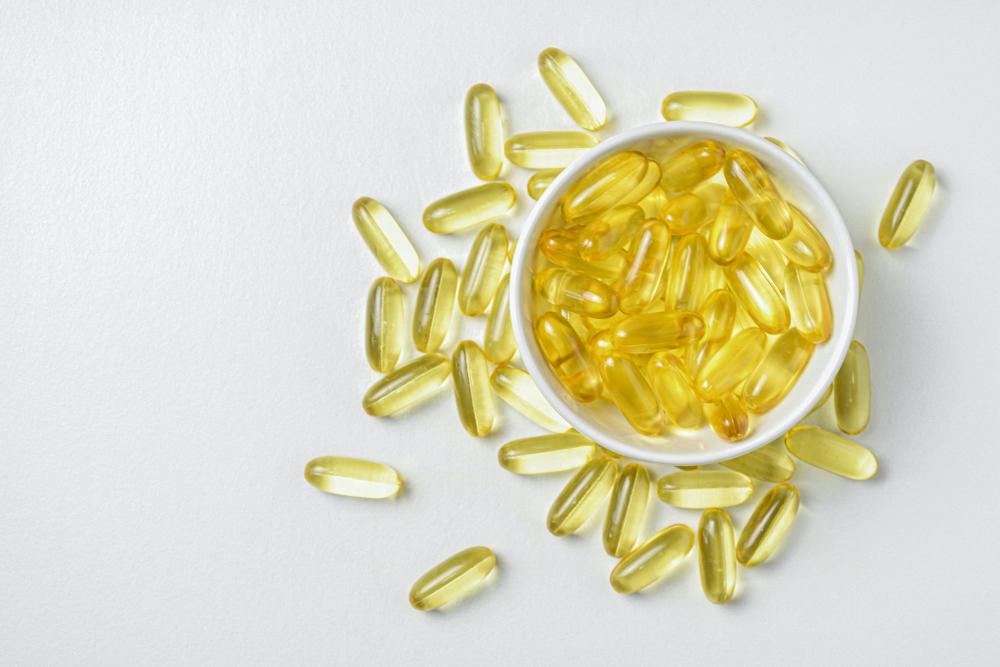Nutrition
Krystina Claire
Weekly Tip - L Carnitine Benefits
on
August 24, 2022

Amino acids are the building blocks for protein and make up a large part of our muscle and tissue. L-carnitine is formed from the amino acids lysine and methionine. Both of these amino acids are essential, meaning our body cannot make them so we need to make sure we are getting them though our diet or supplement form. Examples of food groups that contain L-carnitine are Dairy, meat and poultry.
- Helps regulate blood sugar - studies have shown that L- carnitine can help improve insulin sensitivity.
- Helps prevent muscle damage - a study done on athletes taking L- carnitine showed that those who took L-carnitine vs the placebo were found to have lower levels of the markers that indicate muscle damage.
- Increasing exercise endurance - L-carnitine carries fatty acids into our cells mitochondria where they can be burnt and used for energy. Think of the mitochondria as the cells engine.
- Increases fat-burning and weight loss - With L-carnitines ability to carry fatty acids to our cells mitochondria this leads to increased fat burning during exercise. Studies have shown supplementing with L-carnitine led to a greater amount of weight loss than for those who didn’t.
- Improves brain function - Studies have shown L-carnitine to be beneficial when it comes to improving cognitive function. It may even have the ability to help improve memory for those suffering from Alzheimers disease.
If you are thinking of adding L-carnitine supplements to your diet, there can be few side effects such as nausea, vomitting and diarrhoea. Those who have suffered from seizures, have an under active thyroid or on blood thinners should avoid L-carnitine. Pregnant and lactating woman should not use L-carnitine as the safety is unknown.






